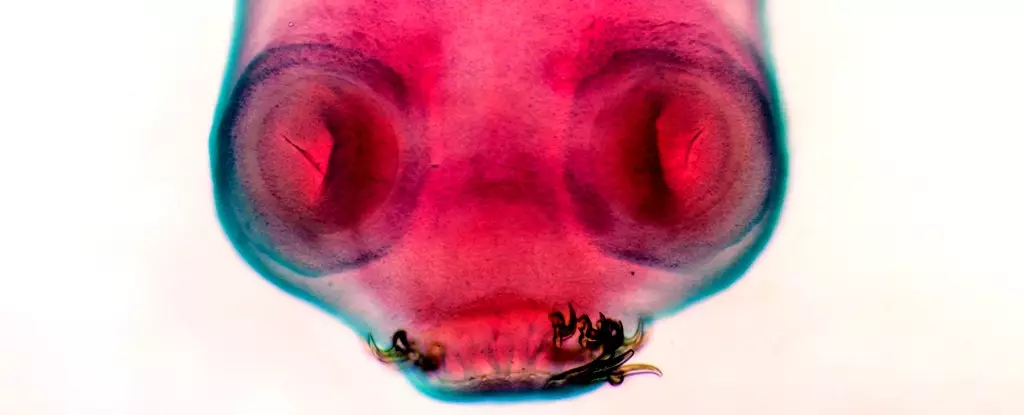Finding yourself in a place you’d rather not be is a common occurrence in life. Whether it’s a boring work meeting or a family gathering, we’ve all been there. But what about parasites? These unwelcome guests also find themselves in positions they’d rather not be, like a tapeworm that ends up in a human brain.
A recent case involving a 52-year-old man from Florida sheds light on the unexpected presence of a tapeworm in the brain. Initially seeking medical attention for worsening migraines, the man was shocked to discover through a CT scan that his brain was infested with tapeworm cysts. This revelation prompted further investigation into how this parasitic invasion could have occurred.
The tapeworm responsible for the man’s condition, Taenia solium, typically infects humans through the consumption of undercooked pork containing tapeworm cysts. Once ingested, the parasite latches onto the intestinal wall and begins its life cycle, growing to significant lengths and producing thousands of eggs. In regions with poor sanitation practices, infected feces can contaminate soil and food sources, leading to the cycle of infection repeating itself.
Neurocysticercosis, the condition resulting from tapeworm larvae migrating to the brain, poses a significant public health risk in regions with limited access to sanitation and proper hygiene practices. Left untreated, this infection can lead to seizures and other serious complications, making it a leading cause of epilepsy in developing nations.
The key to avoiding parasitic infections like neurocysticercosis lies in practicing good personal hygiene and ensuring that food, particularly pork, is thoroughly cooked before consumption. By taking proactive measures to safeguard against parasitic contamination, individuals can protect themselves from the potential dangers posed by these unwelcome intruders.
The tale of the tapeworm in the brain serves as a stark reminder of the importance of maintaining proper hygiene practices and being mindful of food preparation methods. By educating ourselves and others about the risks associated with parasitic infections, we can take steps to prevent such incidents from occurring in the future. Let this be a lesson in vigilance and self-care when it comes to protecting ourselves from the uninvited guests that lurk in the shadows.



Leave a Reply